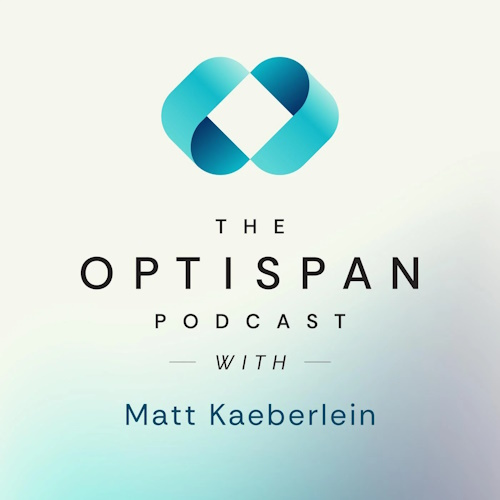Reversing Biological Age: Have we finally found the answer?
Matt explored the effects of E5, a pig blood-derived compound
In this episode, Matt delves into E5, a compound created by Harold Katcher that uses the purified exosome fraction from young pig blood, and its potential to reverse biological aging. Harold's recent study suggests E5 injections in rats show rejuvenation effects, and he has even injected it into his own hand, sharing the results online. The concept of using young blood to reverse aging builds on the decades-old research of heterochronic parabiosis, where circulatory systems of old and young animals are joined to observe age-related effects. Matt explores how E5 compares to other longevity interventions like caloric restriction and rapamycin, analysing its implications for human lifespan extension.
Key Points:
Matt discusses E5, a compound derived from young pig blood, and its potential to reverse biological ageing. He further explores the science of heterochronic parabiosis, evaluating how E5's effects on lifespan measure up against other longevity strategies such as caloric restriction and rapamycin.
- Introduction to E5 and Its Claims: The podcast discusses E5, a compound made from exosomes in young piglet blood, which is claimed to reverse biological ageing in rats.
- Harold Katcher’s Research: Harold Katcher, who co-developed E5, argues it can reverse ageing, though Matt remains skeptical about the claim of reversing ageing versus improving health markers.
- Heterochronic Parabiosis Origins: The concept of using young blood to rejuvenate older organisms stems from heterochronic parabiosis research, where older and younger animals share blood circulation.
- E5 in Rat Studies: E5 has been tested in rats, with some living longer, though one outlier rat, skewed the results. E5’s effects on lifespan are still debated due to the lack of transparency in the experiments.
- Comparison with Other Longevity Methods: Matt compares E5's effects to other interventions like caloric restriction, finding that E5’s impact on lifespan doesn’t yet surpass proven methods like caloric restriction in rodents.
- Scientific Scrutiny and Practicality: The podcast stresses the need for rigorous scientific methods and transparency, questioning whether using E5 for humans is ethical or practical at scale(episode 30).
Visit website: https://www.youtube.com/watch?v=ivP3QTyQ2d4
See alsoDetails last updated 14-Sep-2024



